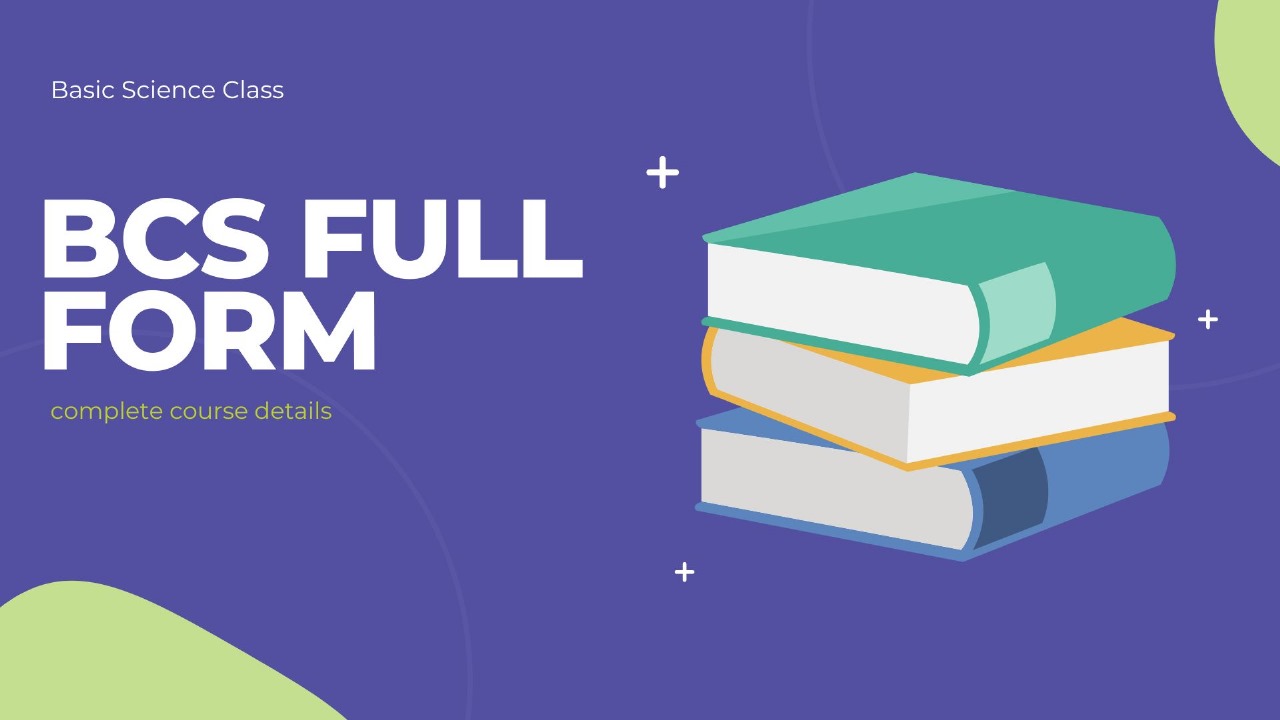
The Bachelor of Computer Science (BCS) degree opens up a world of possibilities in research and development (R&D). As industries evolve with the rapid pace of technology, R&D has become a critical domain where innovative ideas are transformed into groundbreaking products and solutions. This article explores how BCS graduates contribute to R&D and the exciting career opportunities awaiting them in this dynamic field.
Introduction to BCS in Research and Development
BCS graduates are uniquely positioned to excel in R&D due to their deep understanding of computer science fundamentals, programming, and cutting-edge technologies. The BCS full form, “Bachelor of Computer Science,” signifies a comprehensive academic foundation, preparing students for challenges in diverse areas of technology research.
Key Areas of Research and Development for BCS Graduates
1. Artificial Intelligence and Machine Learning
R&D in AI and machine learning offers BCS graduates opportunities to work on projects involving neural networks, natural language processing, and predictive analytics. These areas are transforming industries such as healthcare, finance, and autonomous systems.
2. Cybersecurity
With increasing cyber threats, R&D in cybersecurity is vital. BCS graduates develop advanced encryption methods, intrusion detection systems, and secure communication protocols, ensuring robust defense mechanisms for organizations.
3. Internet of Things (IoT)
IoT R&D focuses on creating interconnected devices that communicate seamlessly. BCS graduates play a pivotal role in designing efficient data transmission methods, optimizing sensor technologies, and enhancing user interfaces.
4. Blockchain Technology
The blockchain domain offers immense R&D opportunities, from cryptocurrency innovations to secure data sharing. BCS graduates contribute to developing decentralized applications (DApps) and improving transaction security.
5. Robotics and Automation
Robotics combines mechanical engineering with computer science. BCS graduates in R&D work on developing intelligent robots for industrial automation, healthcare, and even space exploration.
6. Data Science and Big Data Analytics
Data-driven decision-making is the backbone of modern businesses. R&D teams leverage the skills of BCS graduates to analyze large datasets, uncover patterns, and predict trends.
Skills That Make BCS Graduates Stand Out in R&D
To excel in R&D roles, BCS graduates need a combination of technical and soft skills:
- Programming Expertise: Proficiency in languages like Python, Java, and C++.
- Problem-Solving Abilities: Aptitude for identifying and addressing complex issues.
- Research Methodology: Understanding scientific methods and technical documentation.
- Team Collaboration: Working effectively in multidisciplinary teams.
- Continuous Learning: Staying updated with emerging technologies.
Top Career Opportunities for BCS Graduates in R&D
1. Research Scientist
In roles such as AI research scientist or data scientist, BCS graduates conduct experiments to innovate and improve technologies.
2. Software Developer in R&D Labs
Developers create and test prototypes for software solutions, often pushing the boundaries of what current systems can achieve.
3. Robotics Engineer
BCS graduates contribute to designing and programming robotic systems for industries ranging from manufacturing to healthcare.
4. Cybersecurity Analyst
Analysts in R&D design next-gen security tools, ensuring data protection in an increasingly digital world.
5. Blockchain Developer
Blockchain R&D teams focus on enhancing transaction efficiency and developing decentralized platforms.
FAQs about BCS and R&D
What is the BCS full form?
The BCS full form is “Bachelor of Computer Science.”
How does a BCS degree help in R&D?
A BCS degree equips graduates with the technical knowledge, programming skills, and research capabilities essential for contributing to cutting-edge projects.
Which industries hire BCS graduates for R&D roles?
Industries such as technology, healthcare, finance, automotive, and aerospace frequently hire BCS graduates for R&D positions.
What certifications enhance BCS graduates’ R&D prospects?
Certifications in AI, cybersecurity, data science, or IoT can significantly enhance a BCS graduate’s R&D career prospects.
Conclusion
BCS graduates are highly sought after in the realm of research and development, thanks to their technical expertise and problem-solving capabilities. Whether advancing artificial intelligence, enhancing cybersecurity, or revolutionizing robotics, their contributions shape the future of technology. A BCS degree not only provides foundational knowledge but also paves the way for impactful careers in R&D.
By combining their skills with continuous learning and industry experience, BCS graduates can achieve unparalleled success in research and development, driving innovation across industries.